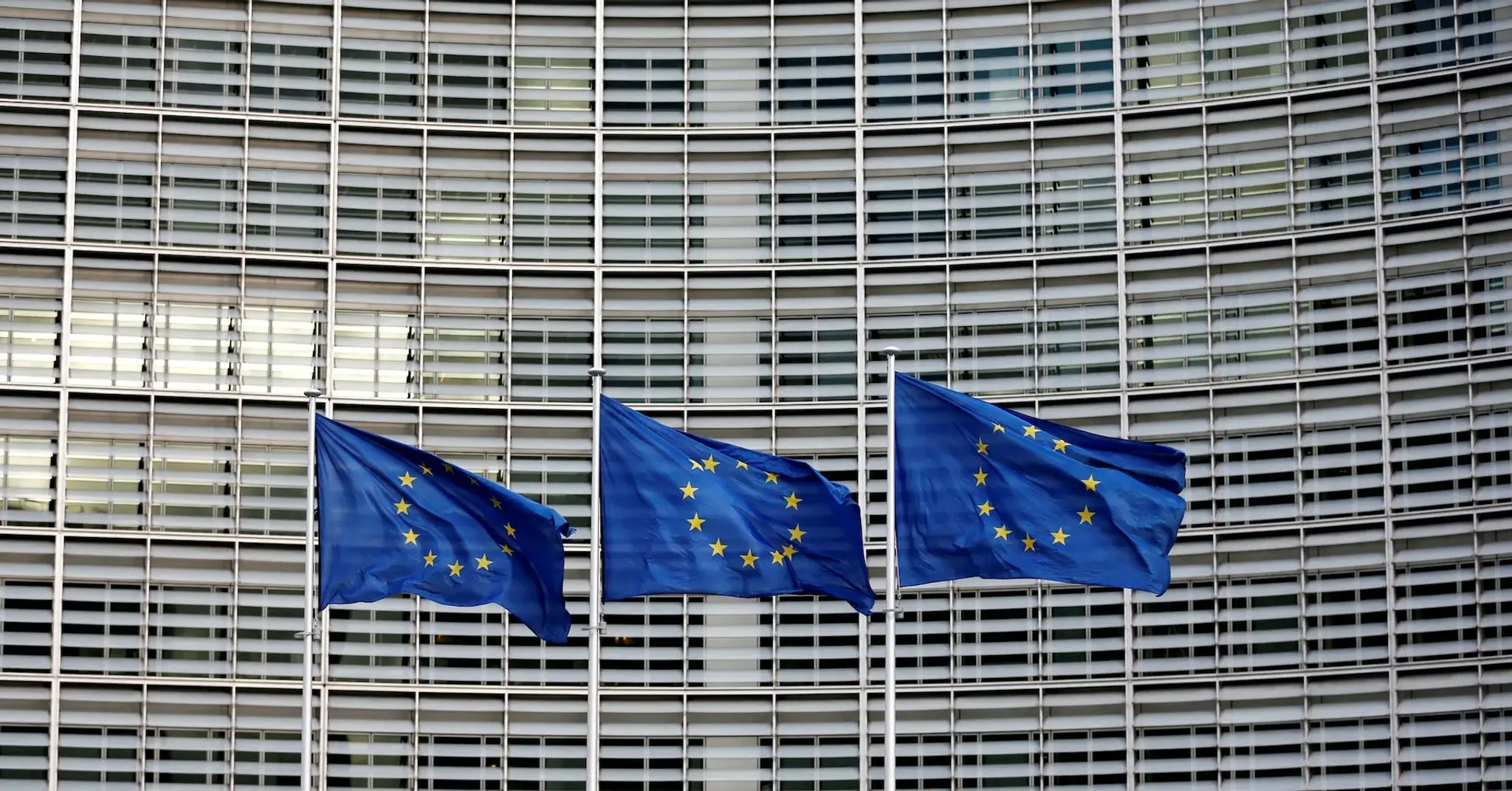The European Commission is actively seeking feedback to alleviate the regulatory pressures imposed by the AI Act on startups. This initiative is designed to facilitate easier compliance, particularly for smaller innovators, and reflects the EU's commitment to addressing business concerns regarding excessive bureaucracy and high operational costs associated with recent legislation.
The AI Act, which was signed into law by the 27-member European Union last year, includes stringent transparency requirements for high-risk AI systems. However, it imposes lighter demands on general-purpose AI models, aiming to strike a balance between innovation and regulation. EU tech chief Henna Virkkunen is set to present proposed measures aimed at easing compliance burdens during an upcoming session.
This initiative is part of a broader effort to build on insights gained from the ongoing implementation phase of the AI Act. The Commission is keen to identify further adjustments necessary to create a more startup-friendly regulatory environment, which is crucial for fostering innovation in the tech sector.
The EU's approach stands in contrast to the more lenient, voluntary AI oversight seen in the United States, while also differing from China's stricter regulations focused on stability. By seeking to lighten the compliance load for startups, the EU aims to encourage technological advancement and ensure that smaller companies can thrive in a competitive landscape.
As the tech industry continues to evolve, the European Commission's willingness to adapt its regulatory framework could play a pivotal role in shaping the future of AI innovation across the continent.
Related Articles

Anthropic Expands into Europe
Read more about Anthropic Expands into Europe →
US AI Dominance Faces Rapid Erosion
Read more about US AI Dominance Faces Rapid Erosion →
White House Directs Federal Agencies to Appoint Chief AI Officers
Read more about White House Directs Federal Agencies to Appoint Chief AI Officers →
AI Chatbots Reduce Conspiracy Beliefs
Read more about AI Chatbots Reduce Conspiracy Beliefs →
